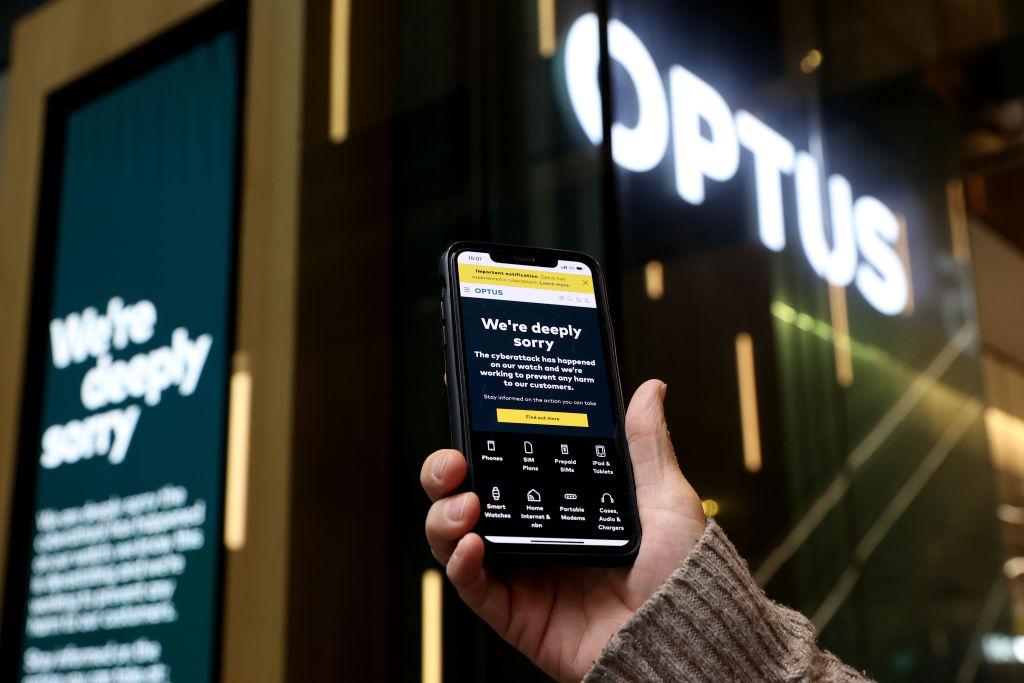No Optus customer suffered financial harm as a result of the hack on the telecommunications provider, CEO Kelly Bayer Rosmarin says.
While Optus initially flagged 9.8 million customers could be “potentially impacted” in the September data breach, the details of 10,200 customers were actually exposed publicly, Bayer Rosmarin told the Australian Financial Review Business Summit in Sydney on Wednesday.





